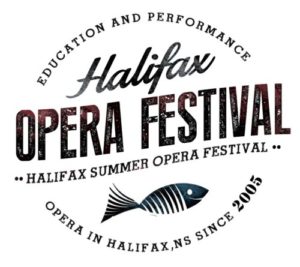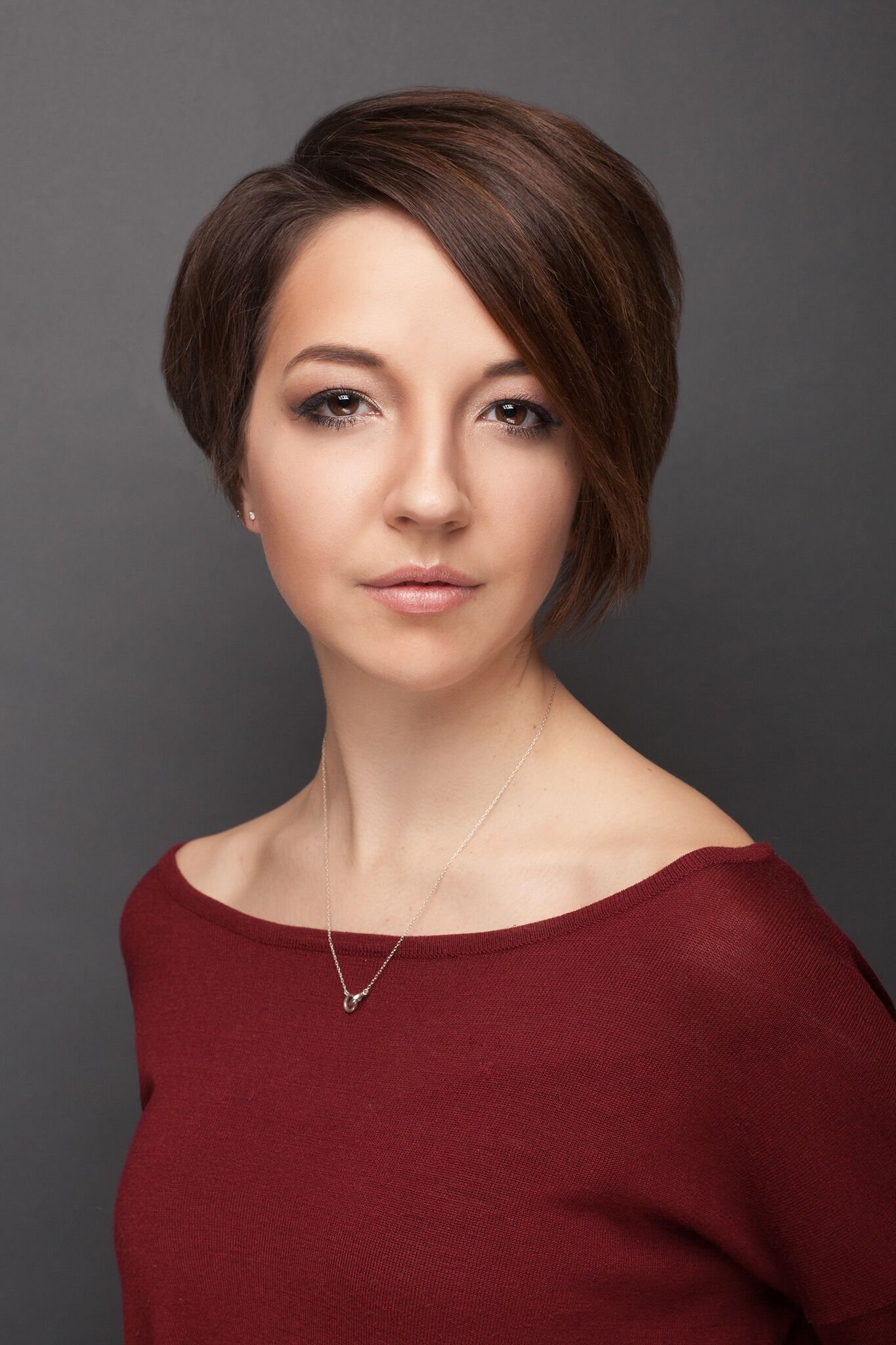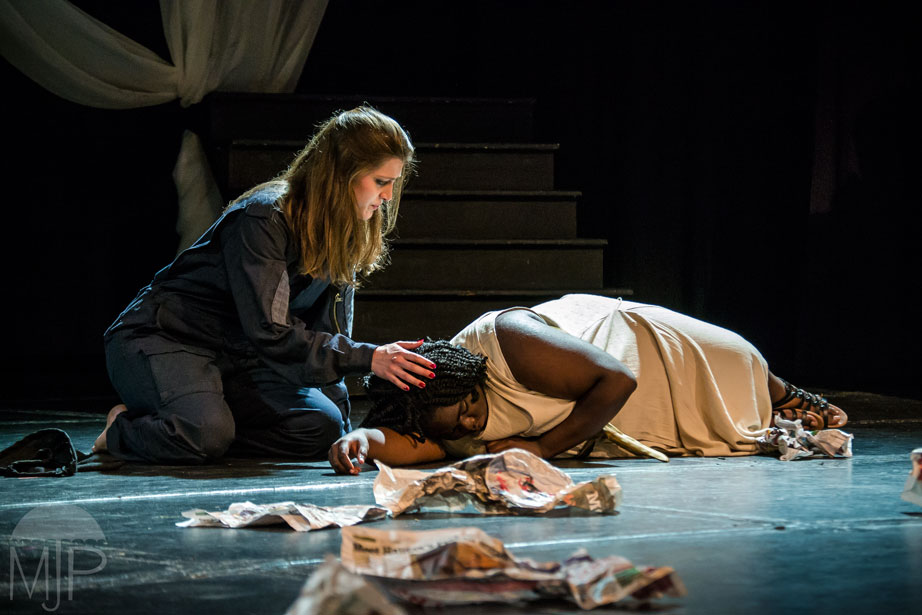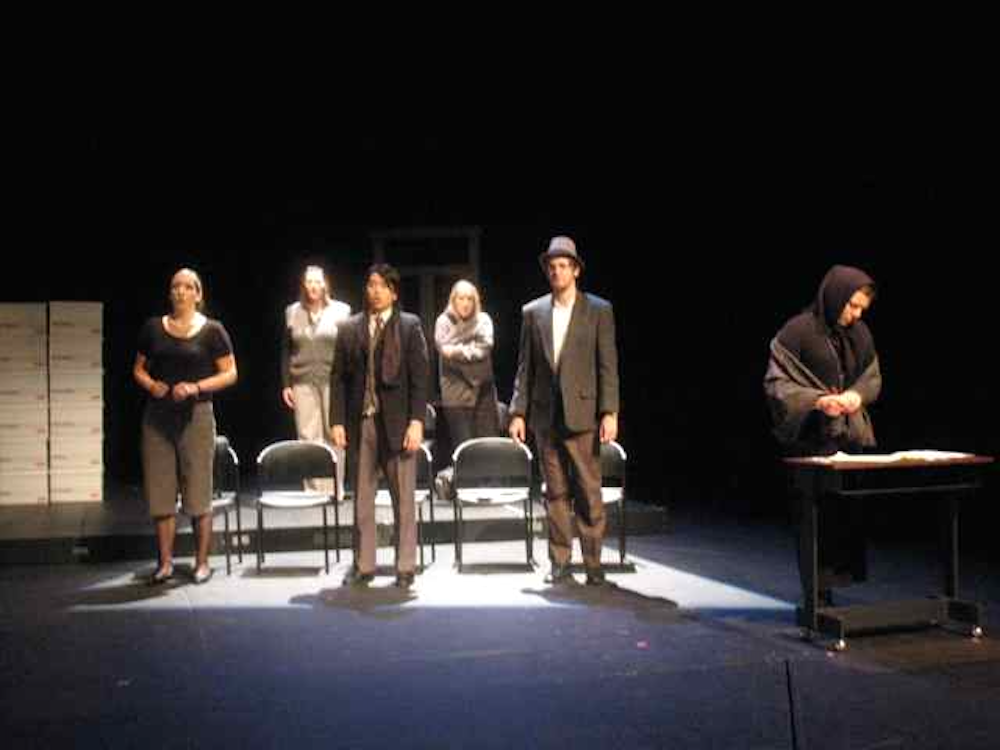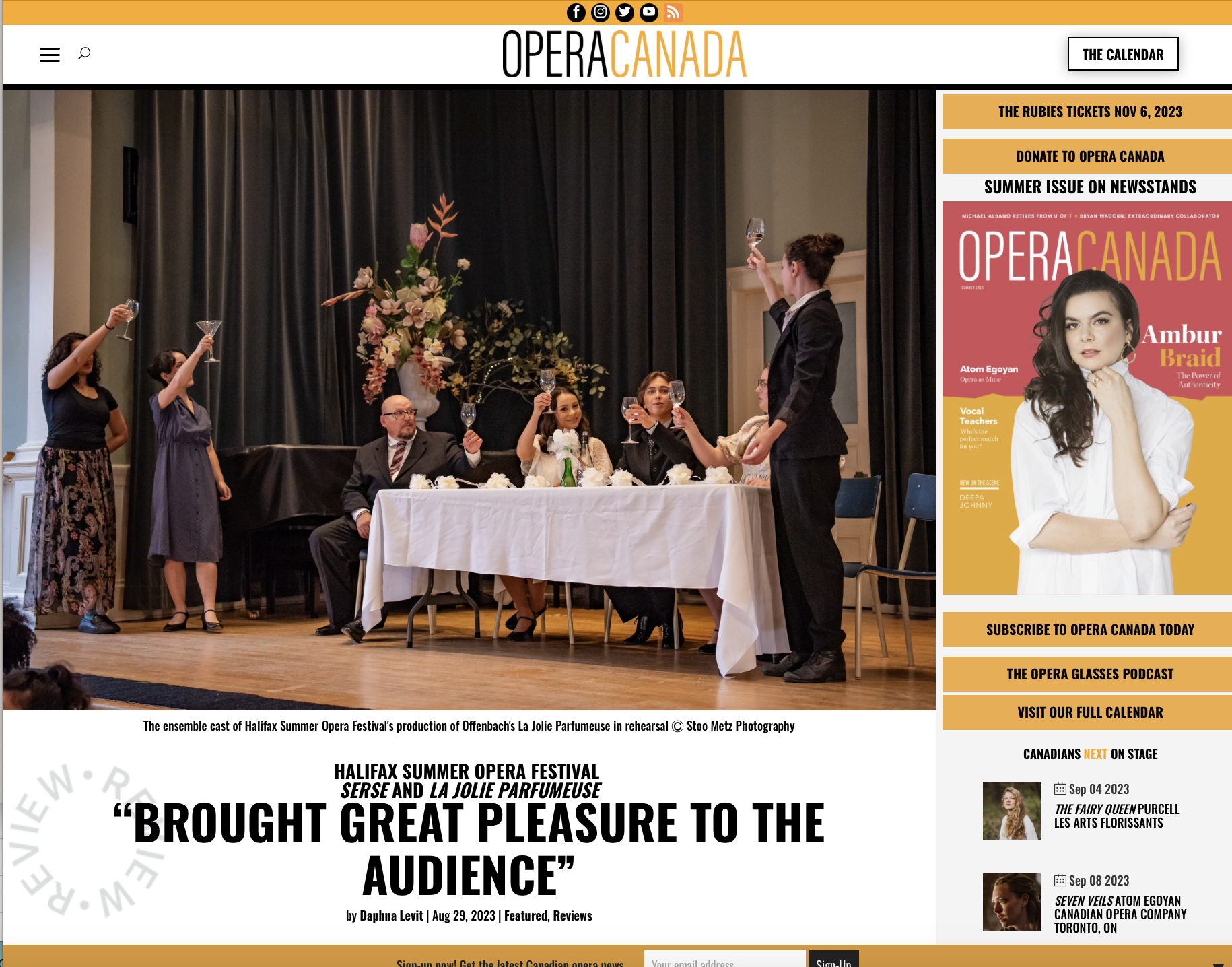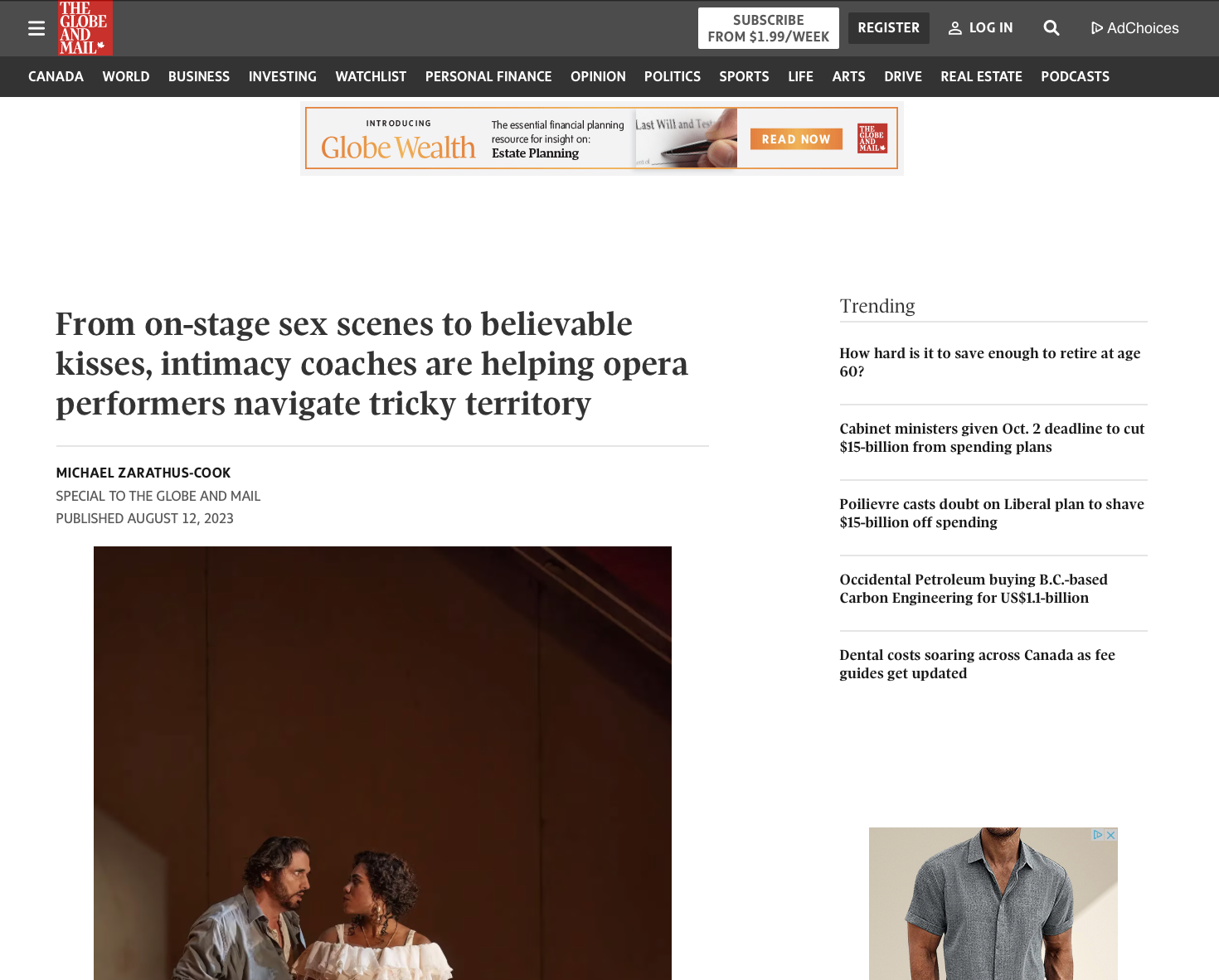Lidio and Apollo in Cavalli’s L’Egisto
[/et_pb_slide] [/et_pb_slider][et_pb_testimonial admin_label=”Testimonial” author=”Sarah Nadreau” url_new_window=”off” quote_icon=”on” use_background_color=”on” background_color=”rgba(244,171,171,0.83)” background_layout=”light” text_orientation=”left” quote_icon_color=”#e02b20″ body_text_color=”#000000″ border_style=”solid” body_font_size=”20″ body_font=”Lobster||||” _builder_version=”3.0.51″ quote_icon_background_color=”#f5f5f5″]“In short, if anything kills opera it will be pride, and if we want to ensure its survival we must do so with humility, remembering that the purpose of opera is to serve humanity, not the other way around.”
[/et_pb_testimonial][et_pb_text admin_label=”Text” background_layout=”light” text_orientation=”left” border_style=”solid” _builder_version=”3.0.51″]Where are you from? How did you first get interested in opera or musical theatre?
Coming from a family of nine with limited financial resources made the idea of pursuing an artistic career seem pretty impractical, but I grew up knowing that I wanted to sing if I could. My parents raised us in the pacific northwest of the United States where there’s a shockingly low supply and demand for artistic performance. While I don’t think they really expected any of us to go into music for a career, my parents did want all of their kids to grow up well-rounded and so decided to put all of us in choirs and piano lessons when we were very young. While most of us enjoyed it, my sister and I especially took particular interest in piano and singing. By the time I got to high school I knew that I enjoyed singing more than piano performance so I auditioned for as many of our school’s musical theater shows as I could. After playing Maria in The Sound Of Music and seeing Wicked my senior year I knew that I wanted to look into performance professionally, though it seemed like a far-fetched dream at the time, and honestly still does in many ways.
I never expected myself to end up in opera. If we’re completely transparent here, I went into college thinking that I hated opera. I had very little to no exposure to classical music of any kind growing up and had always assumed that it was a pompous, intangible art created for stuffy old people. It wasn’t until I went to college for vocal performance and discovered French art song that I found out how much I loved singing classically. I’m still developing an ear and a heart for opera, but the more I interact with it the more I understand and appreciate it’s nuance and relatability.
When did you start studying voice? Where are you studying now?
I grew up singing in church and school choirs, but I didn’t begin studying voice specifically until I went to college at Whitworth University in eastern Washington. My professor, Scott Miller, provided me with not only challenging technical instruction, but always encouraged me to look for opportunities and push myself to reach goals that seemed unachievable. Scott (someone whom I now consider to be a fantastic mentor and friend) shared a vocal instructor with Ms. Susanne Mentzer years ago. As a result of that connection I’m now studying for my masters in operatic performance with Susanne at the San Francisco Conservatory of Music. Susanne is an amazing woman and manages to not only instruct and encourage her students through their technical hurdles vocally, but also supports all of us in a very heartfelt and compassionate way through life. I could not have asked for two better instructors, more humble or skilled in their craft, to help me foster my own. I owe them both a world of gratitude.
What came first for you, theatre or music?
I suppose theater and music have both played an equal role in my life. Music was definitely a huge part of my development growing up, but I’ve always been very emotionally and expressively driven since I was young. I think this is one of the reasons why musical theater attracted me more initially than opera did. Combining the intimacy and immediacy of the theatrical tradition with a more recent musical one really allowed me to tap into my own experiences and ended up being almost therapeutic for me. I’ve now realized that I can do the exact same thing with operatic performance, but I’ve found that it requires much more intentional effort. Because of my dramatic/musical theater influences I’m a very anti “park and bark” sort of singer. I would prefer to see a performance with amateur technique but profound emotional integrity than the other way around. I personally believe that music is about communication and empathy, and giving voice to the human experience. While vocal technique is important, I’ve personally come to believe that theatrical integrity is of the utmost importance and is one of the main reasons why music has the healing powers that it does- because it’s relatable and honest.
What are your dream roles?
One of my new found favorite arias is Lia’s aria from Debussy’s L’enfant Prodigue. Ever since hearing the music and analyzing the piece I’ve completely fallen in love with the part. I love how compassionate Lia is towards her son and how desperately she misses him, a boy who has completely abandoned and turned his back on his family. She expresses how intensely she struggles with the idea of being grateful for everything God has given her, while also being tormented by the fact that she’s lost this huge piece of her life with the absence of her son. Her experience is a very human one and I really appreciate the internal struggle of her story and how honestly Debussy portrays her experience of being a woman and a mother.
What arias, songs or entire roles belonging to other voice types would you like to perform?
Like many others, Dvořák’s Song to the Moon is one of my favorite pieces to listen to. Tchaikovsky is also one of my favorite composers and I was very disappointed when I discovered that he never wrote an aria for lyric mezzo. One of my absolute favorite pieces however is Henryk Górecki’s Symphony No. 3 written for orchestra and soprano. The second movement is practically etherial- I love how the voice is simply treated like another piece of the orchestra and communicates along side of the other instruments rather than being the primary focal point.
Who are your favourite performing artists?
Audra McDonald, Sierra Boggess, John Owen-Jones, Joyce Didonato, Susanne Mentzer, Christina Grimmie, and Lorraine Hunt Lieberson.
What’s the most embarrassing song on your phone/tablet/streaming playlist?
I know this is kind of a copout, but I don’t think anyone should be embarrassed by their musical preferences. Every genre- Disney, rap, rock, heavy metal, pop (all of which I listen to)- plays a purpose in our world. Were I to say that any of those songs or genres are embarrassing, I would in a sense be insulting individuals who enjoy them and belittling their relationship with that type of art.
How should we as interpretive artists deal with works that are racist and/or sexist? What can be done to make opera relevant to the next generation?:
I could probably write five dissertations on this topic. These are very loaded issues that I’m obviously still processing myself as a young singer. Opera is indeed a beautiful tradition, but I also think that the art in its original form was more about furthering national progress and social relevance than it was about dwelling in the past- after all, even Cavalli and Handel were once contemporary artists. Yes, these artists drew on historical influences but they did so to create modern art. If we continue to preserve opera’s historical tradition without preserving its relevance and moral immediacy, then I think opera will fail to achieve its original intent- it will become a dishonest art form. It may even become a hindrance to social development along the way. After all, what’s the point of preserving a racist piece of art as it was written if it fails to benefit society? I will do my best to accurately communicate a composer’s musical intention, but I also put a precedence on telling the truth and spreading love in the world over respecting a dead composer’s immoral message. If a director is mature and creative enough, they will always be able to find ways of interpreting shows like these in ways that are more morally upright than they were originally written, through use of staging and costuming and communicating sub-textually. I think that changing old works in this way is actually good and right- implementing this type of originality is something that we are called to as artists and a natural way that art helps to evolve and improve society. I think it can be powerful to occasionally produce dated shows in their original form for the sake of showing society how far we’ve come and serving as a warning not to go backwards, but producing those shows in their original form purely for the sake of “artistic preservation” I think is unwise and useless. Art is about empowerment, empathy, and creating human connection in a lonely world. Art is not about dwelling in history with no larger purpose.
If opera is going to continue furthering society, we must become humble as artists and open-minded as creators. Our art will not empower others or maintain relevance if it’s entirely about us as individuals and how talented we are, or even how longstanding our artistic traditions have become. Our art must be about something bigger than ourselves, even bigger than our history. It must be about preserving our future. We must preserve the beauty of the art form and its musical technique, while continuing to evolve its social intent. In short, if anything kills opera it will be pride, and if we want to ensure its survival we must do so with humility, remembering that the purpose of opera is to serve humanity, not the other way around.
What are you most looking forward to about this summer?
This is the first full-staged opera I’ve ever been a part of. It will be interesting to compare the production process of an opera to musical theater. I’m also excited to learn from a wide variety of instructors, develop new relationships, and visit Canada. (P.S. God bless Canadians and all you do for humanity!)
Anything else to add?
I’d just like to say thank you to my sisters Anna and Lydia, and my aunt Kathy and uncle Tom. Without their help- financial and emotional- I wouldn’t have been able to accept the program offer and perform with HSOF.
Thanks, Sarah!
Are you a participant or staff member this year? Why not submit your own answers to our questionnaire!
[/et_pb_text][/et_pb_column][/et_pb_row][/et_pb_section]